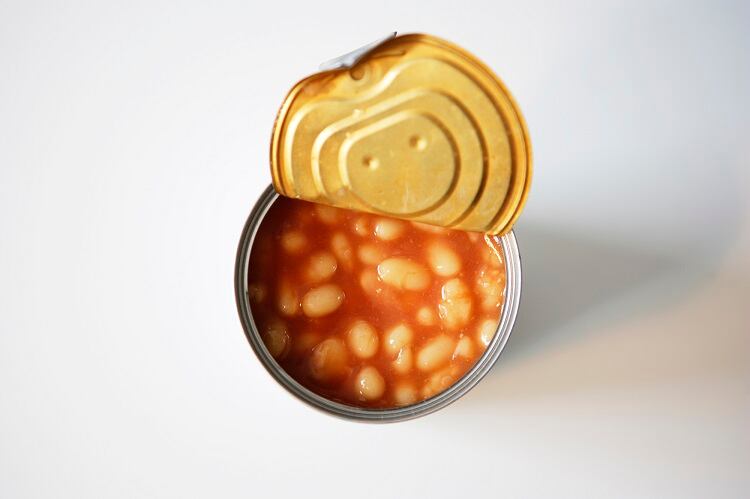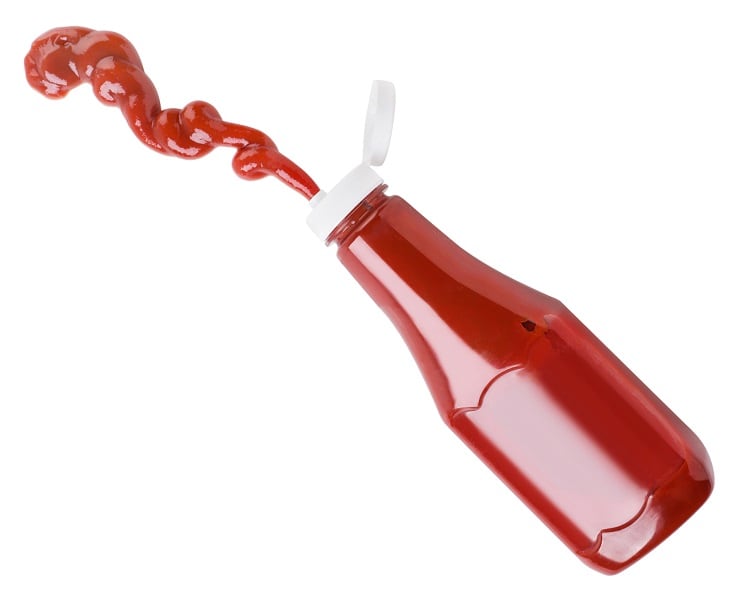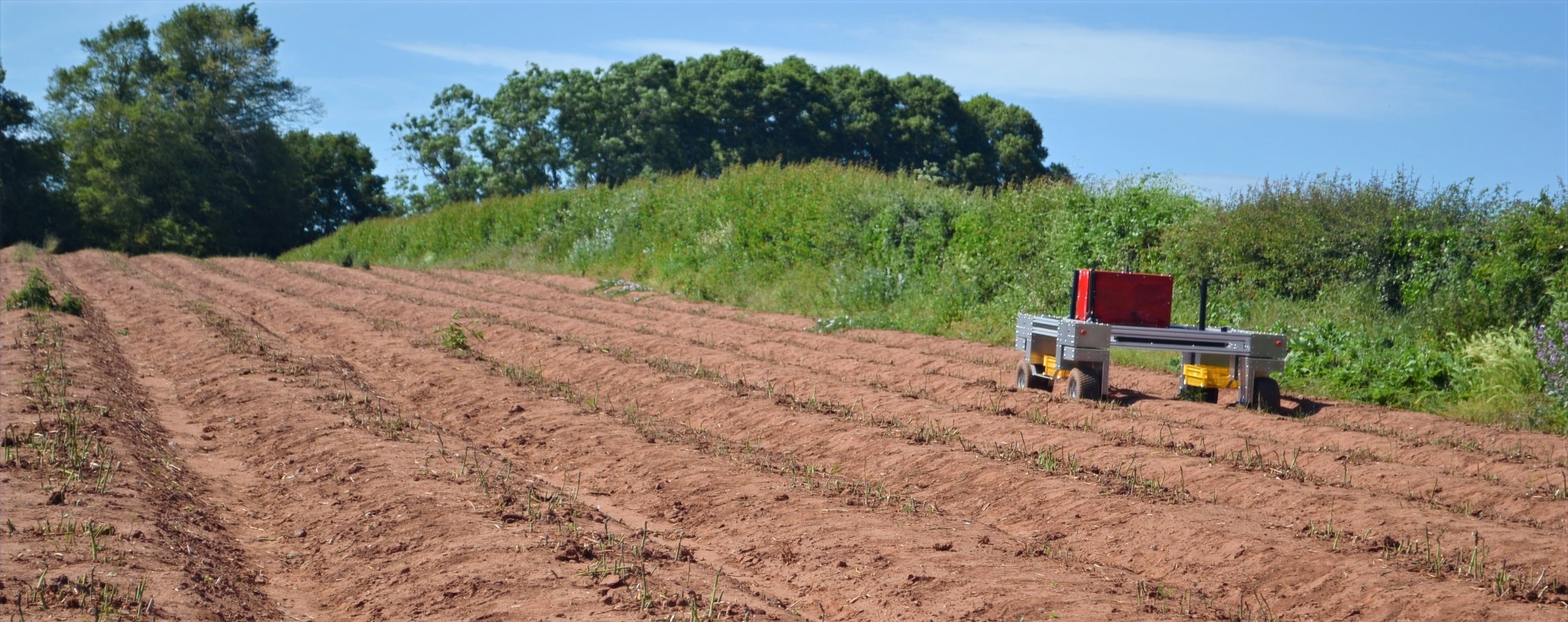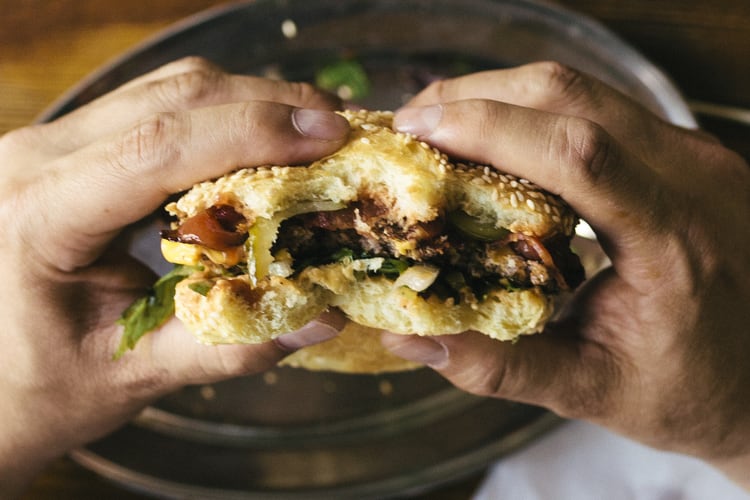Agri-food tech accelerator StartLife was established 12 years ago. Located in the Netherlands, the accelerator onboards 40 new companies to its start-up programmes per year and works with more than 400 globally.
A twenty-minute drive from StartLife’s set-up in Wageningen lies The Kraft Heinz Company’s Innovation Centre in Nijmegen – its largest outside the US. This facility is credited with developing Kraft Heinz’ reformulated Heinz No Added Sugar Beans and Heinz Tomato Ketchup with 50% less sugar and salt.
The neighbouring organisations have announced plans to join forces in a partnership that will offer Kraft Heinz access to novel technology as well as new talent across agri-food production, processing, and packaging.
Which innovations are Kraft Heinz scouting?
Kraft Heinz hopes the partnership will help it drive innovation to meet consumer expectations for taste, nutrition and the planet.
Specifically, the company is looking for novel technologies in areas such as clean label ingredients, sugar and salt reduction, waste reductions, sustainable packaging, as well as new delivery channels and acquisition opportunities.
“We are looking to transform our portfolio to be fit for the future based on consumer expectations – even if they may not yet be able to define that very well – but more than ever with sustainability- and cost-understanding in mind,” explained Miriam Ueberall, VP R&D International, Kraft Heinz.
Technology ‘unlocks’ on Kraft Heinz’s radar include ways to eliminate non-recognisable ingredients from back-of-pack, but will go ‘broader’ than ingredient innovation alone, the R&D lead stressed.
“The start-ups could also be working in the processing environment, and I believe that’s an area that will increase in importance. Processing is utterly critical when you look at the CO2 footprint discussion, and I think we have a lot to learn in this space.”
Packaging is also a ‘super important area’, Ueberall told FoodNavigator at Future Food-Tech in London last week. “We are having very forward-looking [discussions] and are experimenting a lot on sustainable packaging. We want to do more in that space, as we work towards our aim of making 100% of our packaging globally recyclable, reusable, or compostable by 2025.”
Sales channels is another focus area. Start-ups often have a greater understanding of how to leverage consumer data to provide targeted offers, as well as how new sales channels can be optimised, we were told.

On the agricultural side, Kraft Heinz is similarly focused on its sustainability agenda. The company aims to reach net zero carbon emissions by 2050.
“We’re trying to really understand our whole value chain, especially when you look at our key crops which have relevance for the whole portfolio,” she told this publication, citing tomatoes, beans, and oils and fats.
“This is probably the area where the biggest potential sits. So we will lean from StartLife and explore a bit more.”
As to whether Kraft Heinz is planning to acquire potential start-ups that help drive its taste, nutrition and planet agenda, the R&D lead said ‘win-wins’ will be sought.
KraftHeinz has done some targeted acquisitions in the recent past, and M&A can create a ‘bigger scale effect’ across the portfolio. “Once we identify potential partners and start-ups, we will explore how we can create win-wins – there are different routes leading to these.”
‘We have a lot of challenges to crack’
Although the multinational already works with start-ups through various platforms and runs a number of pilot projects in this space, the partnership marks the first time Kraft Heinz – the result of a merger between Kraft Food Group and H.J. Heinz Holding Corporation in 2015 – has collaborated with an accelerator programme.
Why are partnerships such as the StartLife tie-up integral to Kraft Heinz’ innovation strategy?
“We have a very broad portfolio, and we have to consolidate the expertise we have into what matters most to us. That’s where we make sure we have the strongest internal knowledge we can have,” explained Ueberall.
At the same time, the world is moving ‘faster than ever’. In order to ‘stay agile’ – and indeed, the company is looking to increase its agility as an organisation – Kraft Heinz must ‘accelerate’ how it ‘taps into knowledge and technologies externally’.
“It’s within this context that our StartLife partnership arrived at the perfect moment, when we have a lot of challenges to crack around us.”

Kraft Heinz is not new to the world of start-ups. The company has been ‘scoping’ and ‘partnering’ with young innovators in the space, the R&D lead explained. “We’re running some trials and experiments within our organisation.”
In addition, Kraft House established its own venture fund in 2018, Evolv Venture, to invest in emerging tech companies.
The company acknowledges that ‘external knowledge’ will always be ‘broader’ and ‘richer’ for any organisation, and it is through this lens that kraft Heinz is looking to R&D into ‘co-creation’.
“This is where start-ups and the StartLife partnership will play a big role for us.”
Opening up the ‘corporate world’ to start-ups
For StartLife’s start-ups, the tie-up brings global markets and R&D facilities ‘within reach’.
Start-ups have much to gain from collaboration with Kraft Heinz, suggested the accelerator’s managing director Jan Meiling, including access to its network, market intelligence, and facilities to test concepts on a pilot scale.
“StartLife’s partnership with Kraft Heinz will give start-ups the tools they need to scale their business, which can be a knowledge-intensive and capital-intensive process.
“Many start-ups in food tech are first-time entrepreneurs trying to navigate a complicated value chain. At some stage in their development, they need an existing player – either for access to raw materials, to the market and their brands, or to certain facilities.”
The Kraft Heinz partnership, Meiling continued, brings the ‘world of start-ups’ to the ‘corporate world’.




